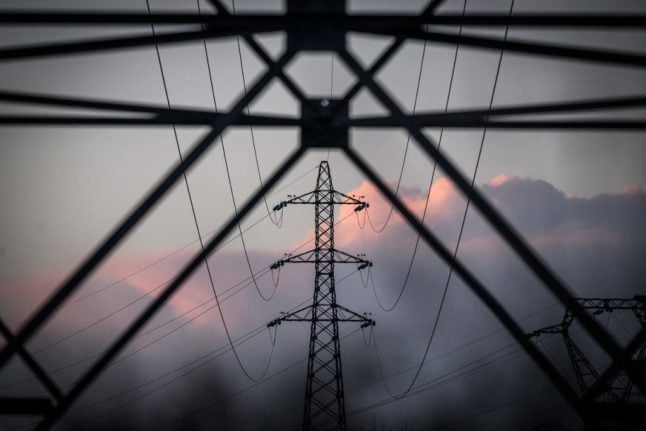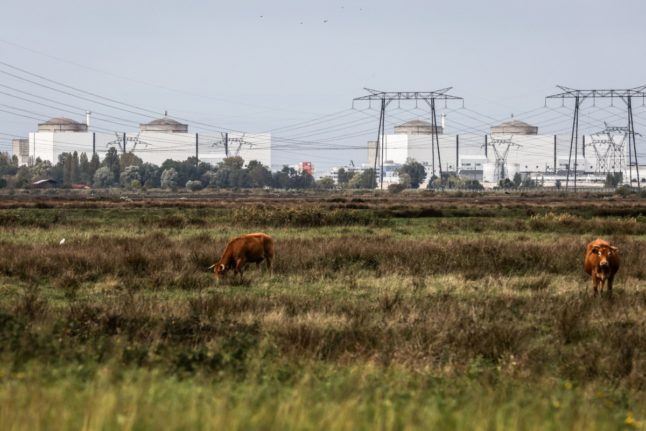“The main risk [of power cuts] is behind us,” Xavier Piechaczyk, chairman of the board of France’s electricity grid operator told France Info on Wednesday, after another week in which electricity use fell.
Consumption in France was down 7.5 percent for the week of January 9th to 15th, compared to the five-year average between 2014 and 2019. Between mid-December and mid-January, the average drop in electricity consumption in France is 8.2 percent.
“This is the consumption that would have taken place if temperatures had been aligned with normal temperatures defined by Météo France for the period. In this way, it is possible to identify the structural variations in consumption, from year to year, beyond meteorological effects,” RTE said in a statement on its website.
Welcoming the news, Piechaczyk told France Info that the worst risks of power cuts, “were concentrated on the months of November, December and early January,” when nuclear power production was low.
Currently 43 nuclear reactors, out of a total of 56, are operational in France, generating over 45 gigawatts of power, after nearly half of them were shut down for maintenance last year.
The cut in consumption showed in part that “French people have followed the gestures of sobriety,” he said – but he admitted it also meant a number of businesses had cut production to reduce their electricity bills.
And he warned that a cold spell in February could pile pressure on the network.
“There is still a period that presents some risks,” Xavier Piechaczyk said, raising the prospect of an lengthy Arctic blast before the end of February.
“During this period, we will still have to be vigilant”, he said.
Piechaczyk insisted that France is “better prepared” to manage possible “tensions on the electrical system”, especially since “the market is settling down”.
Spot energy prices in Europe are back around €100, after passing the €1,000 threshold a few weeks ago.
The main issue now, he said, “is the overhaul of the European market” in order to be able to disconnect electricity prices from gas prices to end the “yoyo” effect of electricity prices.
Energy giant EDF, which was nationalised by Macron’s government earlier this year, plans to construct six new reactors on three existing sites, with the first supposed to go online around 2035.



 Please whitelist us to continue reading.
Please whitelist us to continue reading.
Member comments